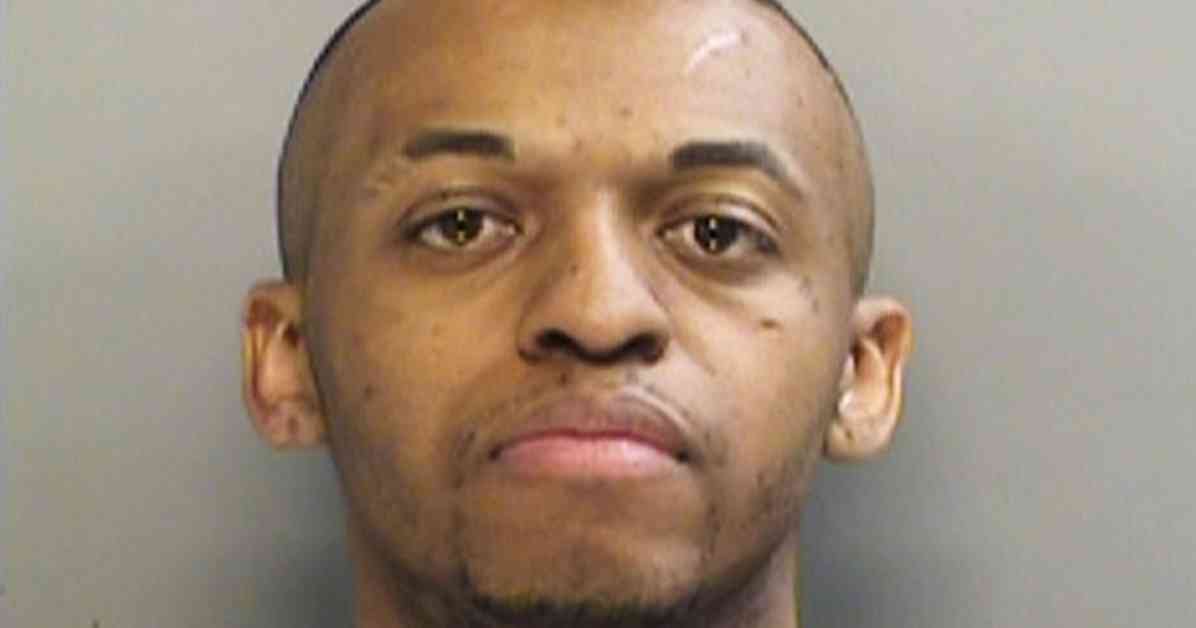The state of Texas carried out the execution of Steven Lawayne Nelson, a 37-year-old man convicted of the 2011 murder of Arlington pastor Clint Dobson. This somber event took place on a Wednesday evening, marking the first execution in Texas for the year 2025 and only the second in the entire United States. The execution was the culmination of a long legal battle that began in 2012 when Nelson was sentenced to death for the brutal beating and suffocation of Pastor Dobson.
The tragic events unfolded on March 3, 2011, when Dobson was discovered bound and suffocated with a plastic bag at NorthPointe Baptist Church. The details of the crime were harrowing, with Dobson suffering blunt force trauma to various parts of his body. Another church employee, Judy Elliott, was also found with severe head trauma but managed to survive the ordeal. The motive behind the attack was believed to be robbery, as several items were reported stolen from the church and the victims.
Nelson’s involvement in the crime was confirmed when his fingerprints and other pieces of evidence were found at the scene. Despite attempts by his defense team to challenge the evidence and present mitigating factors such as a troubled childhood, Nelson was ultimately sentenced to death. Throughout the legal process, numerous appeals were filed on his behalf, citing issues with legal representation and procedural errors. However, all appeals were denied, leading to the execution being carried out as scheduled.
In his final statement before the execution, Nelson expressed gratitude and love for his family, acknowledging the gravity of his situation while maintaining a sense of peace and readiness for what was to come. The execution itself was a solemn affair, with officials and witnesses present to ensure that the sentence was carried out in accordance with the law. The Texas Attorney General, Ken Paxton, issued a statement emphasizing the importance of upholding justice for the victims and their families, offering condolences and support during this difficult time.
The aftermath of Nelson’s execution serves as a reminder of the complex and often tragic nature of the criminal justice system. While the legal process has reached its conclusion in this case, the impact of the crime continues to reverberate through the lives of those affected. As the community grapples with the loss of a beloved pastor and the trauma of a violent crime, the hope for healing and closure remains a distant yet essential goal.
Legal Battles and Appeals
Throughout the years following his conviction, Steven Lawayne Nelson’s case was marked by a series of legal battles and appeals. His defense team worked tirelessly to challenge the evidence presented against him and raise concerns about the fairness of his trial. Despite their efforts, the courts consistently upheld the original verdict, leading to a final decision to carry out the death sentence. The intricate legal maneuvers and intricate details of the case highlight the complexities of the criminal justice system and the challenges faced by those involved in such high-stakes proceedings.
Impact on the Community
The tragic murder of Pastor Clint Dobson had a profound impact on the Arlington community and beyond. The loss of a respected religious leader and the senseless violence that led to his death left a lasting scar on those who knew him and the congregation he served. The subsequent legal proceedings and eventual execution of Steven Lawayne Nelson served as a painful reminder of the fragility of life and the harsh realities of crime and punishment. As the community continues to heal and process the events of that fateful day in 2011, the memory of Pastor Dobson and the pursuit of justice for his untimely death remain central themes in the ongoing narrative of this tragic story.
The execution of Steven Lawayne Nelson for the murder of Pastor Clint Dobson in 2011 marked a significant moment in the legal and emotional landscape of Arlington, Texas. The somber conclusion to this chapter in the community’s history serves as a reminder of the enduring impact of violence and the quest for justice in the face of tragedy. As the echoes of this heartbreaking event fade into memory, the legacy of those affected by its aftermath lives on, prompting reflection, remembrance, and a renewed commitment to building a safer, more just society for all.























